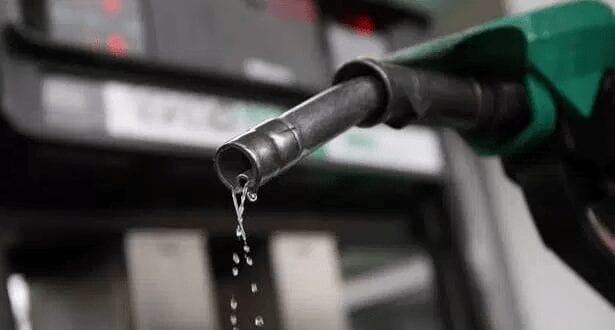Marketers anticipate new fuel price increase as crude reaches $94 per barrel – Recent developments in the global oil market and Nigeria’s domestic economic landscape suggest a potential hike in the pump price of Premium Motor Spirit (PMS), commonly referred to as petrol. This projection has been largely based on two driving factors: the upward trajectory of crude oil prices and the depreciating value of the naira against the US dollar.
Crude’s Upward Surge
The global benchmark for oil, Brent crude, has witnessed significant volatility in 2023. Starting the year at approximately $82/barrel, it dipped to $70/barrel by June. However, recent trends have seen it soar past the $92/barrel mark, reaching a new high of $94/barrel this Sunday.
This rise has had a ripple effect on Nigeria’s oil sector. With crude oil and dollar exchange rates accounting for over 80% of PMS costs, the increase has reportedly led the Federal Government to quietly ramp up its spending on petrol subsidies.
The Naira’s Struggle
Further complicating the economic scene is the naira’s depreciating value against the dollar. Recent reports indicate that forex scarcity has caused the naira to weaken, reaching an alarming N950/dollar. This change represents a substantial decline from its previous rate of N930/dollar just a day earlier.
The Quasi-Subsidy Conundrum
Despite the Nigerian National Petroleum Company Limited (NNPCL) and the Federal Government’s assertions that fuel subsidies were a thing of the past, many industry operators have argued otherwise. They believe that the current price of petrol should reflect the increasing costs of crude oil. If the government continues to keep PMS prices at N617/litre, it implies a silent return of the subsidy.
Chief Chinedu Ukadike, National Public Relations Officer of the Independent Petroleum Marketers Association of Nigeria, emphasized the nation’s precarious situation. While the rise in crude oil prices boosts Nigeria’s foreign exchange earnings, these earnings are largely spent on importing refined products. Ukadike pointed out the irony: “The rise in crude oil price increases our dollar generation when selling crude. But we use that same dollar to import its finished products. If Nigeria refined its products, there would be a financial windfall.”
The Call for Transparency
Billy Gillis-Harry, President of the Petroleum Products Retail Outlets Owners Association of Nigeria, expressed optimism that the NNPC, given its commercial status, should ensure the benefit of rising crude prices reaches the Nigerian populace. He stressed the importance of the country benefiting from its God-given resources.
However, Chief John Kekeocha, National Secretary of IPMAN, emphasized the need for government transparency regarding fuel subsidies. He criticized the government’s conflicting stance on subsidies and price regulations, urging a clearer and more consistent approach.
NARTO’s Concerns
The Nigerian Association of Road Transport Owners (NARTO) echoed similar sentiments, highlighting challenges faced by transporters due to fixed petrol prices. Yusuf Othman, National President of NARTO, emphasized the need for a revision in pump prices to consider raising transportation prices for transporters, without which the supply chain might face disruptions.
A Shift in the NNPCL
Amidst these economic concerns, the NNPCL announced the appointment of three new Executive Vice Presidents. This reshuffling led to the retirement of its three previous EVPs. This move followed the company’s transition last year from the Nigerian National Petroleum Corporation to its current status as a commercial entity, the Nigerian National Petroleum Company Limited.
Conclusion
Nigeria stands at an economic crossroads, with rising crude oil prices on one side and a depreciating naira on the other. While these developments bring potential advantages, they also present challenges that require strategic and transparent handling. As the nation navigates these economic waters, the hope remains that the benefits of its natural resources will be maximized for the greater good of its citizens.































